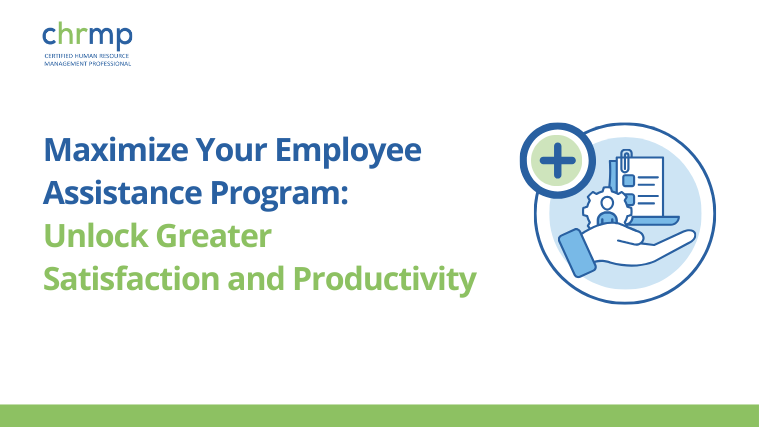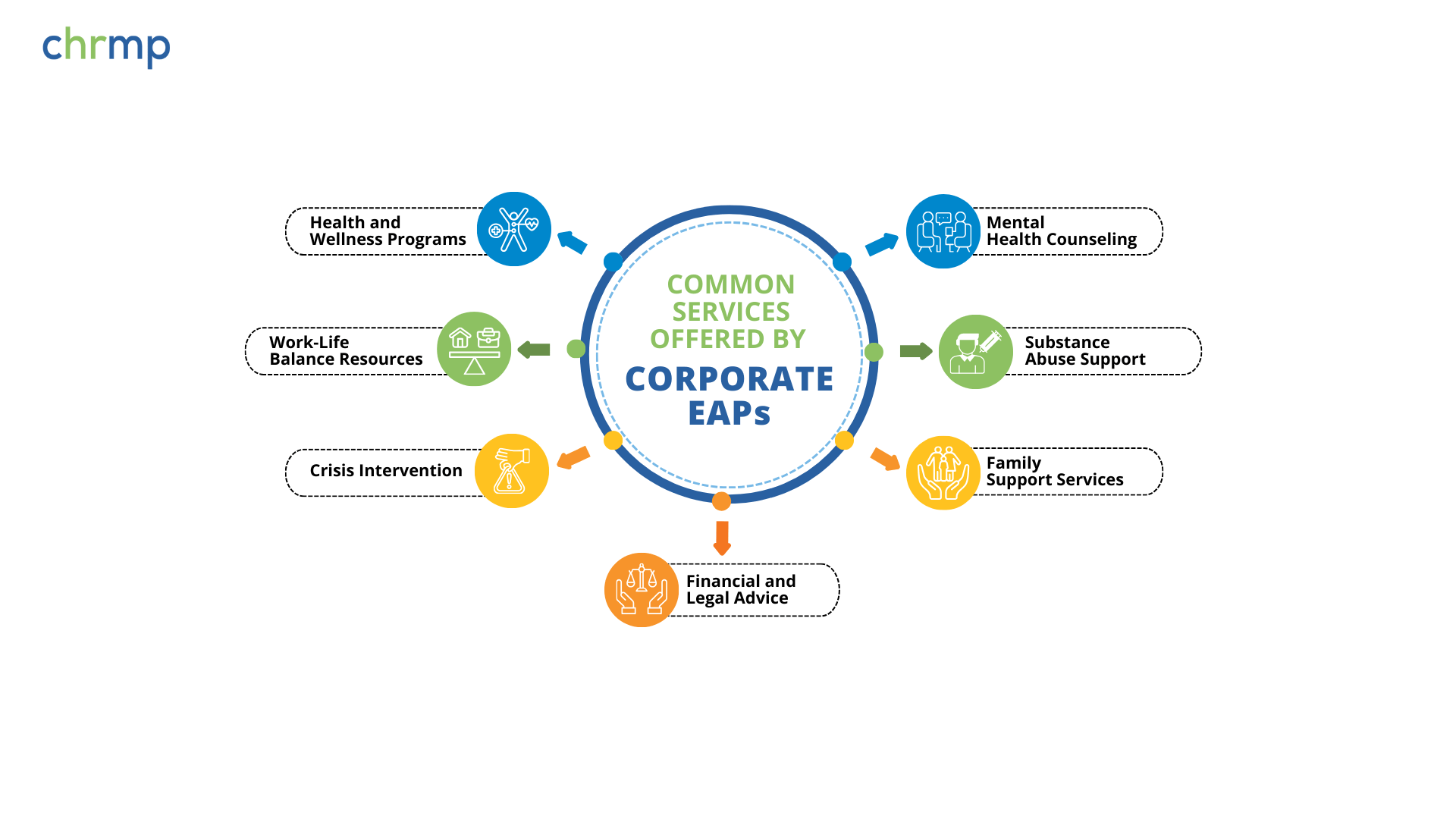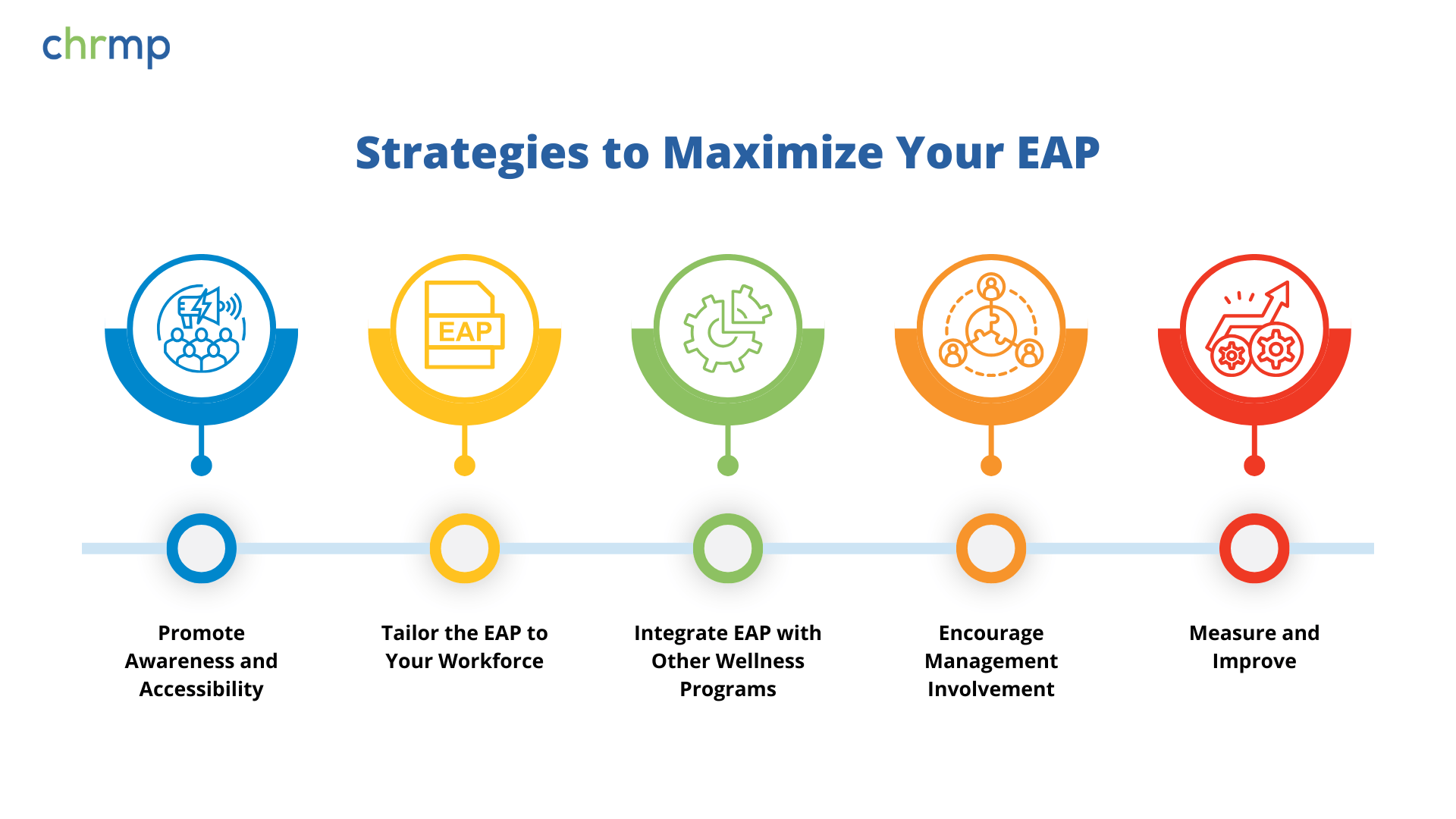

Are you truly getting the most out of your Employee Assistance Program (EAP)? This blog What is an Employee Assistance Program will delve into how to maximize your Employee Assistance Program, helping you unlock greater satisfaction and productivity in your workforce.
In today’s fast-paced corporate world, the well-being of employees is more important than ever. As businesses strive to maintain high levels of productivity and employee satisfaction, the role of an Employee Assistance Program (EAP) becomes increasingly vital. However, many organizations fail to fully leverage the potential of these programs, leaving valuable resources underutilized.
Before diving into strategies for optimizing your Employee Assistance Program (EAP), it’s crucial to grasp the fundamentals of what an EAP entails.
An Employee Assistance Program is a work-based initiative designed to support employees in addressing personal challenges that could be impacting their performance at work. These programs provide a broad spectrum of services, ranging from mental health counseling and substance abuse support to legal assistance and financial guidance.

Integrating a robust EAP into your organization can significantly enhance the well-being of your workforce, which, in turn, positively impacts productivity. The services offered through an EAP are customized to address the unique needs of your employees, making it a vital resource for both their personal and professional lives.
Also Read: Strengthen Your Team: The Importance of Upskilling Your Workforce
The success of an Employee Assistance Program depends not just on its existence but on how effectively it is utilized. A well-implemented EAP can lead to:

To unlock the full potential of your Employee Assistance Program, consider the following strategies:
One of the most common reasons why EAPs are underutilized is that employees are simply unaware of them or unsure of how to access the services. Ensure that your EAP is well-promoted across various channels, such as email newsletters, company intranets, and during onboarding sessions.
Make sure that the EAP team is easily accessible and that employees know how to reach the employee assistance center. The more visible and accessible your EAP is, the more likely employees will be to use it.
Every workforce is unique, with different needs and challenges. Work with your EAP providers to customize the program to address the specific issues your employees face. For example, if your company experiences high levels of stress-related absenteeism, consider emphasizing stress management and EAP counseling services.
By tailoring your EAP, you can ensure it addresses the most relevant issues, making it more effective and valuable to your employees.
Your EAP should not stand alone; it should be part of a broader wellness strategy. Integrate the employee assistance program with other initiatives such as fitness programs, mental health awareness campaigns, and financial wellness workshops. This holistic approach will help reinforce the importance of overall well-being and ensure that employees have access to a range of resources that work together to support them.
The success of your EAP depends largely on the support of management. Encourage managers and supervisors to promote the EAP to their teams and to participate in training sessions that highlight the benefits of the program.
When employees see that management is invested in their well-being and is actively promoting the EAP, they are more likely to feel comfortable using the services. Additionally, managers can help identify employees who may benefit from the EAP and encourage them to seek assistance.
Like any other business initiative, your EAP should be regularly evaluated and improved. Work with your EAP providers to track usage rates, employee satisfaction with the program, and any impact on productivity or absenteeism.
Use this data to identify areas for improvement and to make necessary adjustments to the program. An ongoing commitment to measuring and improving your EAP will ensure that it remains relevant and effective.
Also Check: Employee Wellbeing: Health, Engagement & Retention Tips
When effectively implemented and maximized, an Employee Assistance Program can provide a range of benefits, both for the employee and the employer:
Are you ready to maximize your Employee Assistance Program and unlock greater satisfaction and productivity in your workplace?
An Employee Assistance Program is more than just a benefit; it’s a strategic tool that cwhat is employee assistance program eapan enhance your organization’s productivity and employee satisfaction. By promoting awareness, tailoring the program to your workforce, integrating it with other wellness initiatives, encouraging management involvement, and regularly measuring its effectiveness, you can unlock the full potential of your EAP.
By following these strategies, you can ensure that your corporate EAP is not just a checkbox on a benefits list but a powerful tool that drives employee satisfaction and business success.

© 2007-2025 CHRMP| All Rights Reserved | Powered by Ripples Learning & Research Private Limited
